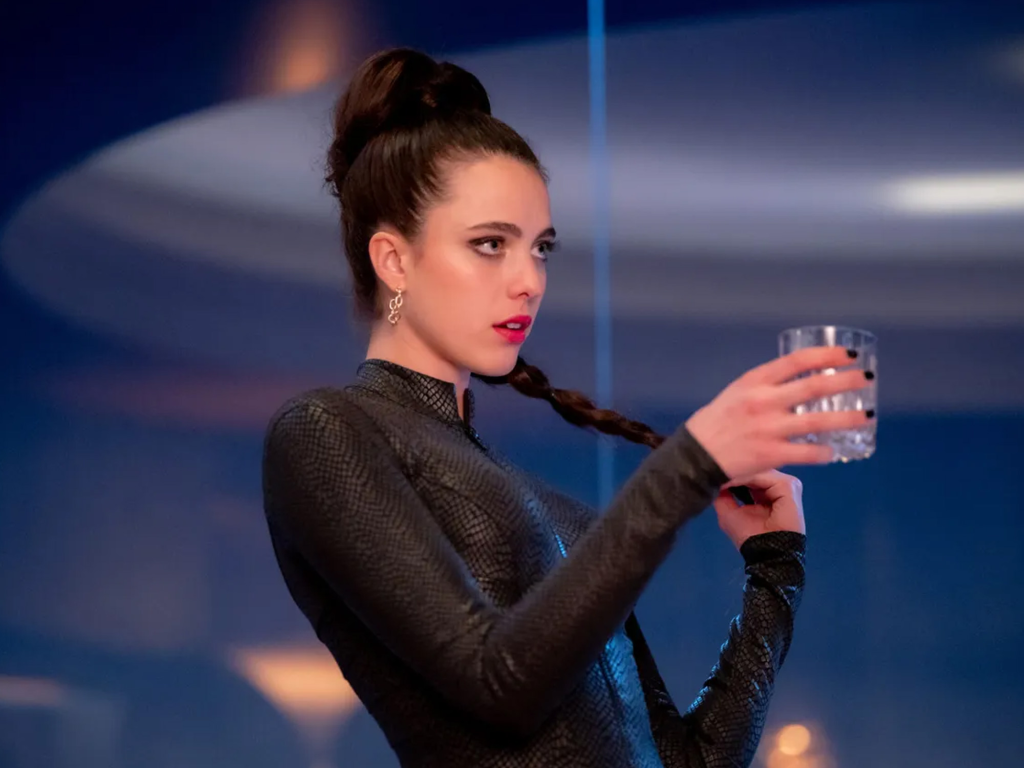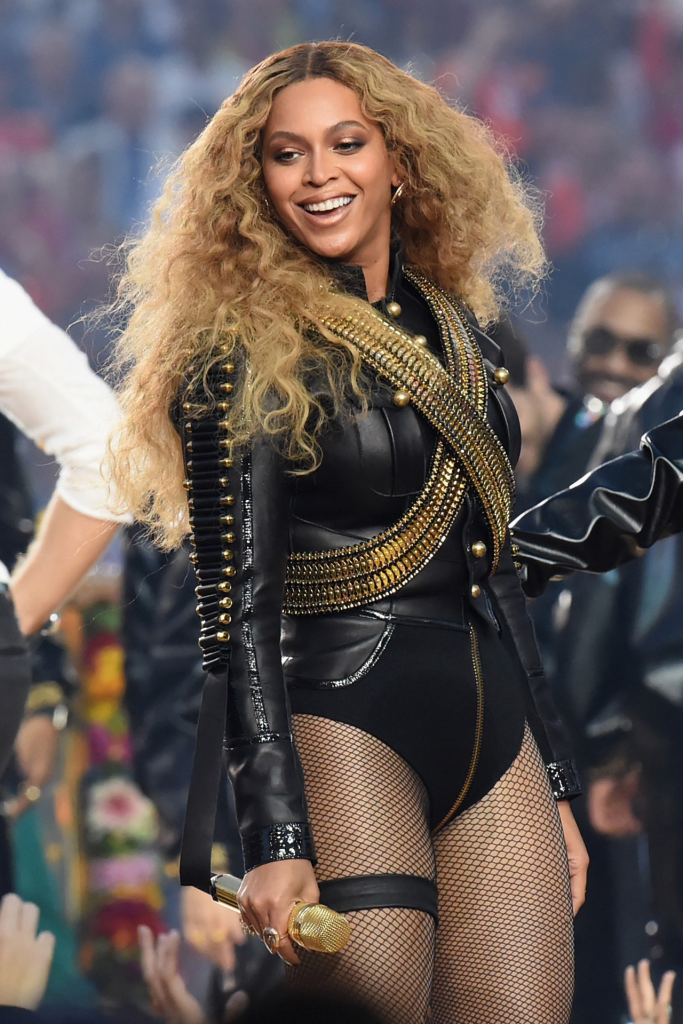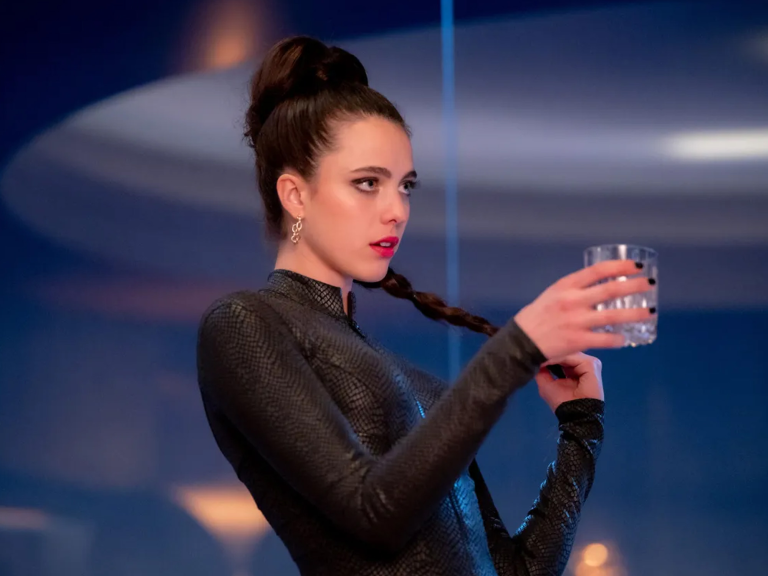If you grew up in Britain in the ‘90s, you probably had strong feelings about Robbie Williams. He first gained fame as part of the boy band Take That, but then split off to launch a solo career that made him a household name. Outside the UK, especially in the U.S., how familiar you are with him likely depends on your interest in music or British pop culture. Regardless of whether you’re a longtime fan or barely know who he is, his new biopic, Better Man, is sure to grab your attention right from the start.
Robbie Williams himself narrates this vivid and energetic portrayal of his life, chronicling his journey from a troubled childhood to the highs and lows of pop stardom. Directed by Michael Gracey (best known for The Greatest Showman), Better Man is an ambitious take on the musical biopic, striving to be more imaginative and theatrical than your typical film of this genre. The movie features spectacular musical numbers that are bursting with creativity and color, thanks to the choreography by Ashley Wallen, who previously worked on Showman. This approach shines especially in the boy band scenes, but also in more intimate moments, such as a romantic waltz.
Gracey’s background in music videos is evident, but unlike many other recent musicals, he avoids excessive quick cuts. Instead, he opts for wide shots that let you appreciate the full scope of the choreography and staging, making for a more satisfying viewing experience.
However, Better Man makes one bold choice that’s both captivating and somewhat problematic. In conversations with Gracey, Williams frequently described himself as feeling like a “monkey” — a performer on display for the entertainment of others. To capture this feeling, Gracey portrays Williams as a literal monkey in the film. Using advanced motion capture technology from WETA, actor Jonno Davies becomes a human-like ape, performing all of Robbie’s movements and acting, while Williams handles the singing.

This transformation creates a unique way to connect the audience to Williams’ internal struggles and show his view of himself. However, seeing a realistic ape in a world of regular humans can be jarring, and the concept doesn’t always land. The monkey metaphor might have been more effective if it had been limited to the fantasy-like musical numbers rather than used throughout the film.
Despite this quirk, Davies gives an energetic, compelling performance, and the motion capture successfully conveys a full range of emotions, making the character feel alive. Williams also doesn’t hold back when it comes to the messier parts of his story — his infidelity, addiction, and battles with self-doubt are all laid bare, adding a layer of authenticity to the film.
Even when dealing with the darker side of fame, the movie doesn’t get bogged down in misery. There’s a lively, often humorous tone that reflects Williams’ own personality and his tendency to use humor as a shield. It’s refreshing to see a musical biopic that can be witty and lighthearted without glossing over the more difficult moments.
Better Man is a visually striking and emotionally engaging film that takes big risks. While the monkey concept doesn’t always hit the mark, the film’s boldness and honesty make it stand out. Overall, it’s a fresh take on the genre that delivers both entertainment and insight into the complicated life of a pop icon.











